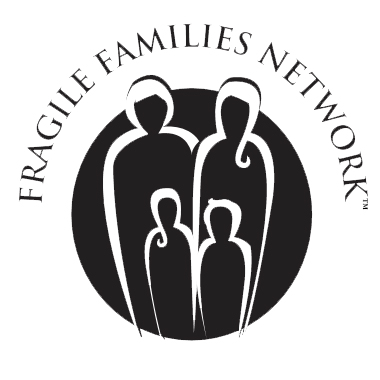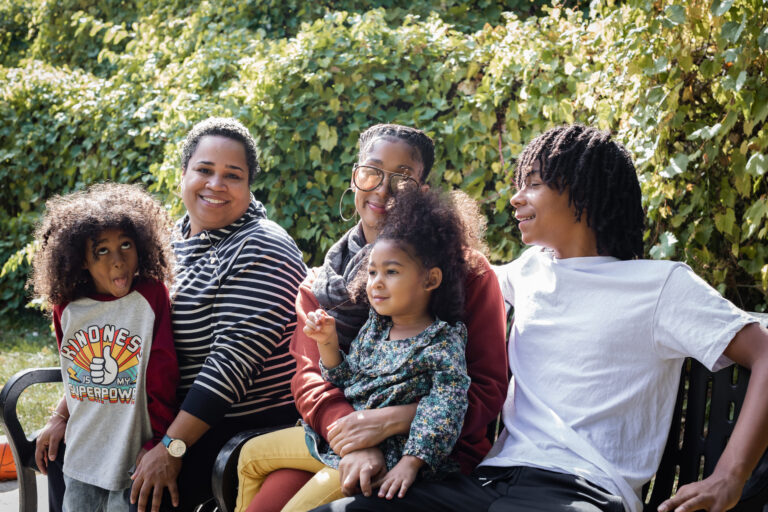Grandfamilies: How Communities of Faith Provide Vital Support

Children and youth find themselves in the care of grandparents or other relatives due to various reasons that prevent their parents from fulfilling their caregiving roles. These grandfamily caregivers, often stepping into the role unexpectedly, face unique challenges and responsibilities. However, communities of faithcan step up to provide essential support and resources to these grandfamilies, ensuring they thrive despite the hurdles they face.
Understanding the Role of Grandfamilies
When parents are unable to provide a stable environment for their children due to factors like substance abuse, incarceration, or mental health issues, grandparents and other relatives often step in. These grandfamilies not only provide safety and stability but also nurture a sense of continuity and belonging for the children involved.
The Crucial Support Offered by Communities of Faith
Communities of faith play a pivotal role in bolstering grandfamilies by offering a range of support services tailored to their unique needs:
1. Emotional and Spiritual Guidance
Grandfamily caregivers often grapple with emotional challenges as they navigate their new roles. Communities of faith provide a compassionate environment where caregivers can share their experiences, receive counseling if needed, and find solace in their faith. Spiritual leaders offer guidance and prayers, reinforcing caregivers’ resilience and sense of purpose.
2. Practical Assistance
Practical support is invaluable to grandfamilies. Communities of faith organize practical assistance such as meal trains, household chores assistance, transportation to appointments, and respite care. These gestures alleviate the daily burdens on caregivers, allowing them to focus more on nurturing their grandchildren.
3. Educational and Informative Workshops
Knowledge is power, especially for caregivers navigating unfamiliar territory. Communities of faith host workshops and information sessions covering topics like legal rights, parenting techniques, financial planning, and health and wellness. These sessions empower caregivers with practical knowledge and resources essential for effective caregiving.
4. Advocacy and Community Engagement
Communities of faith serve as advocates for grandfamilies within the broader community. They raise awareness about the challenges faced by these families and advocate for policies that support their needs. Through community engagement initiatives, they foster understanding and inclusivity, ensuring that grandfamilies feel accepted and supported.
5. Financial and Material Support
Financial strain is a common concern for many grandfamilies. Communities of faith may offer financial assistance, connect families with resources for financial aid, or organize fundraisers to alleviate financial burdens. Material support such as school supplies, clothing drives, and holiday assistance programs further lighten caregivers’ loads.
6. Social and Recreational Activities
Building a sense of community is crucial for grandfamilies. Communities of faith organize social events, support groups, and inter-generational programs that encourage bonding among caregivers and children. These activities create opportunities for shared experiences, friendship, and mutual support.
The Impact of Faith-Based Support
The support provided by communities of faith is not merely practical—it’s transformative. By embracing grandfamilies with open arms and compassionate hearts, faith communities create a nurturing environment where caregivers and children alike can thrive. They reinforce family bonds, restore hope, and instill a sense of belonging within the grandfamily network. Through their unwavering commitment, faith communities not only enrich the lives of grandfamily caregivers and children but also embody the true spirit of compassion and solidarity.
©2024 Fragile Families NETWORK







